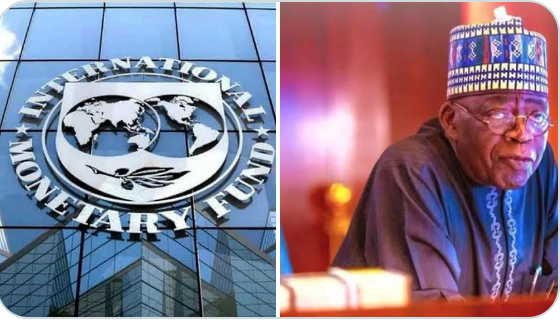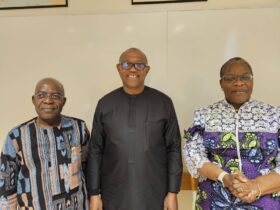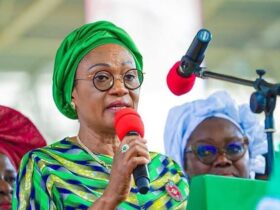The latest International Monetary Fund (IMF) report on the economic outlook for sub-Saharan Africa has indicated that Nigeria’s ongoing economic reforms are struggling to deliver meaningful results, even 18 months after implementation.
The report, presented on Friday at the Lagos Business School (LBS) by IMF Deputy Director Catherine Patillo, highlighted a mixed performance of economic reforms across the region, with notable successes in countries such as Côte d’Ivoire, Ghana, and Zambia. However, Nigeria was conspicuously absent from the list of success stories.
According to the report, sub-Saharan Africa’s average economic growth rate is projected to remain at 3.6 per cent for 2024, but Nigeria’s growth rate, pegged at 3.19 per cent, falls below this average.

Patillo noted that while macroeconomic imbalances have reduced in several countries, Nigeria has yet to show similar progress.
“More than two-thirds of countries have undertaken fiscal consolidation. With the median primary balance is expected to narrow by 0.7 percentage points alone in 2024. And these have included notable improvements in Cote d’Ivoire, Ghana, and Zambia, among others,”Patillo said.
The IMF report further mentioned Nigeria as one of the countries that have been unable to tame inflation.
She stated: ‘‘Inflation is still in double digits in almost one-third of countries, including Angola, Ethiopia, and Nigeria, and above target in almost half of the region, particularly where monetary policy is not anchored by exchange rate pegs.
‘‘Debt service capacity remains low by historical standards. In almost one-quarter of countries, interest payments exceed 20 percent of revenues, a threshold statistically associated with a high probability of fiscal stress. And rising debt service burdens are already having a significant impact on the resources available for development spending.
“The median ratio of interest payments to revenues (excluding grants) currently stands at 12 percent. Some three-quarters have already witnessed an increase in interest payments (relative to revenue) since the early 2010s (comparing the 2010–14 average with the 2019–24 average). In Angola, Ghana, Nigeria, and Zambia, this increase in interest payments alone absorbed a massive 15 percent of total revenue,”Patillo added
In contrast, Nigeria’s inflation rate, which slowed briefly in July and August, resumed its upward trend in September, rising further in October. At 33.8 per cent, it significantly exceeds the 21 per cent target set for 2024, with analysts predicting further increases in November and December.
Follow Parallel Facts on WhatsApp Channel:https://whatsapp.com/channel/0029VaCQSAoHgZWiDjR3Kn2E









Leave a Reply